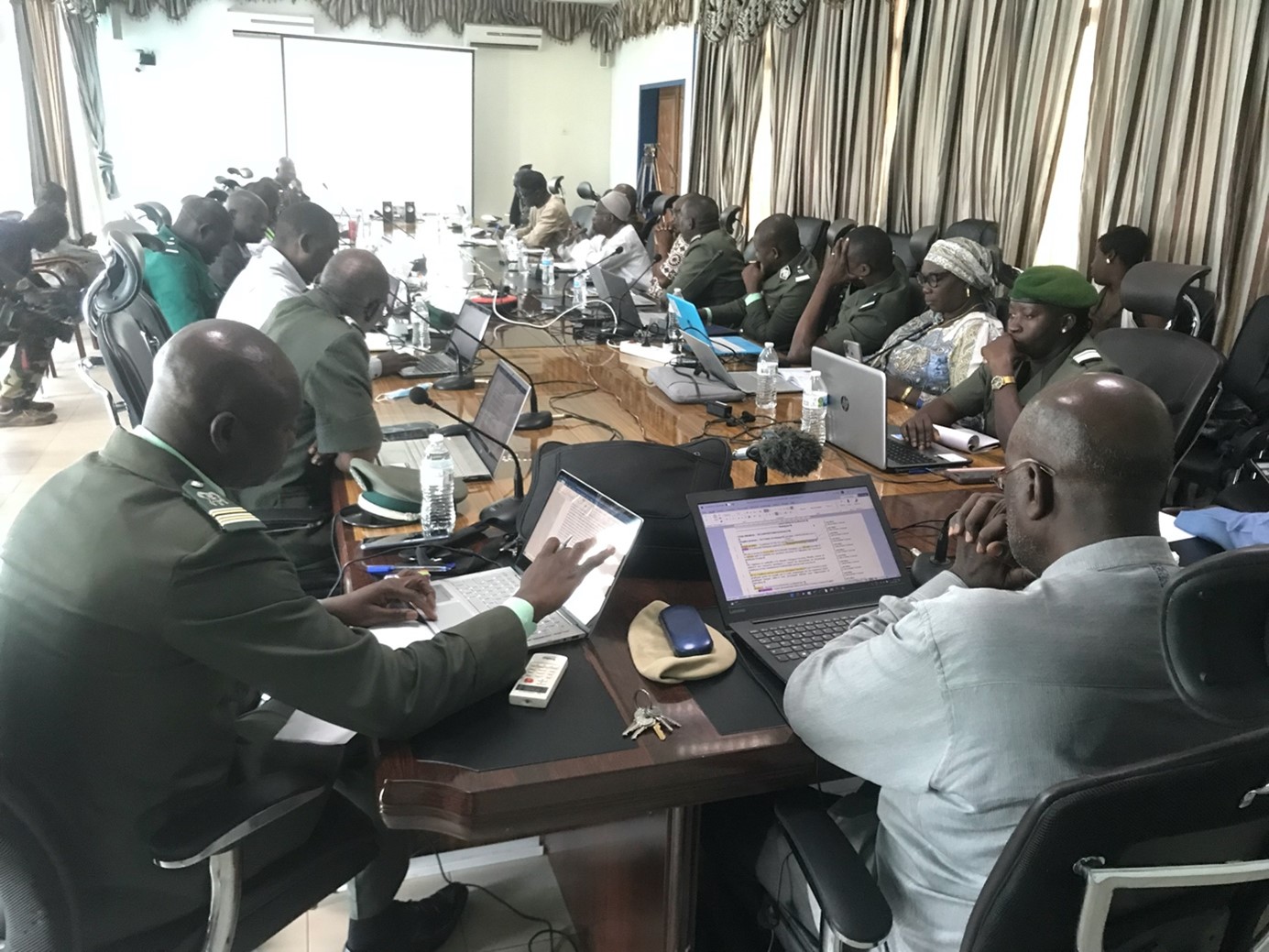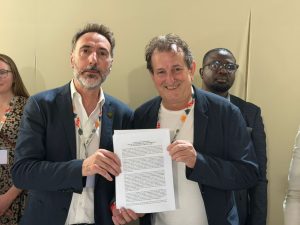Experts explored how to integrate provisions on REDD+ and environmental economic accounting and strengthen synergy with the Great Green Wall (GGW)

The National Parks Directorate (DNP) of Senegal’s Ministry of the Environment and Sustainable Development (MEDD) hosted a 2-day workshop to validate the draft law on Biodiversity at the conference room of the Ministry with the support of GLOBE’s GEF6 Project” Legislative Actions to Advance Forest Governance through REDD+ and Natural Capital Accounting towards the Implementation of the 2030 Agenda“.
As a party to the Convention on Biological Diversity, Senegal has a legal obligation to take national measures at the legislative and regulatory level for its effective implementation. The same applies to the declarations and strategies on the preservation of biodiversity, despite their non-binding nature. GLOBE aims at strengthening national capacities in the conservation and sustainable management of biological diversity in Senegal by, inter alia, facilitating the integration of new provisions on REDD+, environmental economic accounting and the implementation of the Great Green Wall in the draft Biodiversity Bill in a holistic way. GLOBE’s Secretariat was delighted to support the reflection work of experts and stakeholders on the draft law to ensure that it is in line with international commitments and current technical approaches.
The project has sponsored the realisation of three readiness studies, including one on of international commitments on forests and the status of REDD+ in the governance
of REDD+ in forest governance in Senegal with important recommendations. Another study focused on the diagnosis of the implementation of environmental economic accounting as a tool for sustainable development planning in Senegal. The application of the recommendations of these studies requires the enhancement of environmental governance through several legal texts.
In order to promote the sustainable management of biological resources, the draft law requires the MEDD, in consultation with other relevant bodies (notably universities, institutes and research centres) to inter alia implement and finance training and research programmes and to encourage the exploitation of advances in scientific research on biological diversity. Experts agreed that this synergistic approach to environmental issues must be better articulated with foresight, especially since the solution lies in measures to anticipate future problems and needs.




